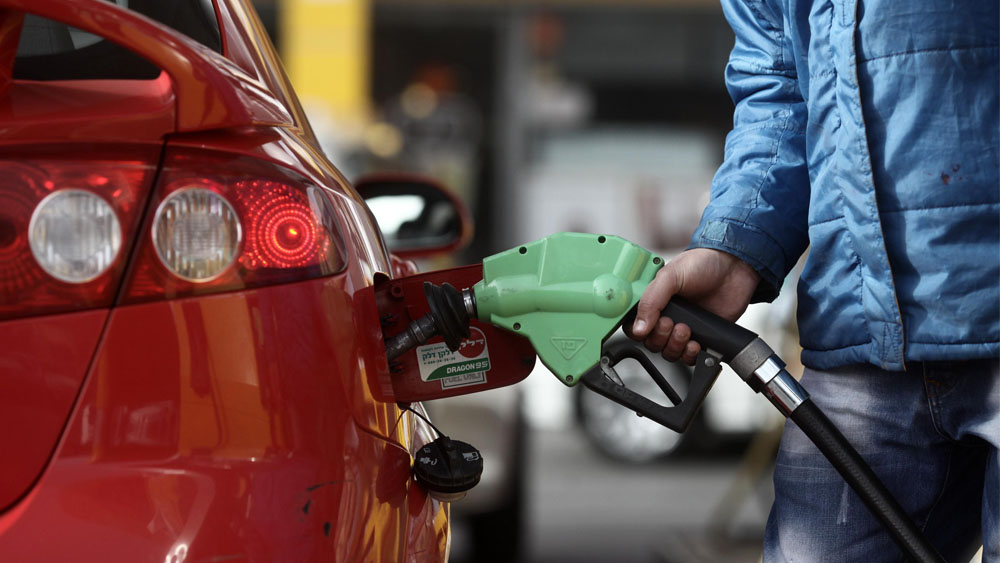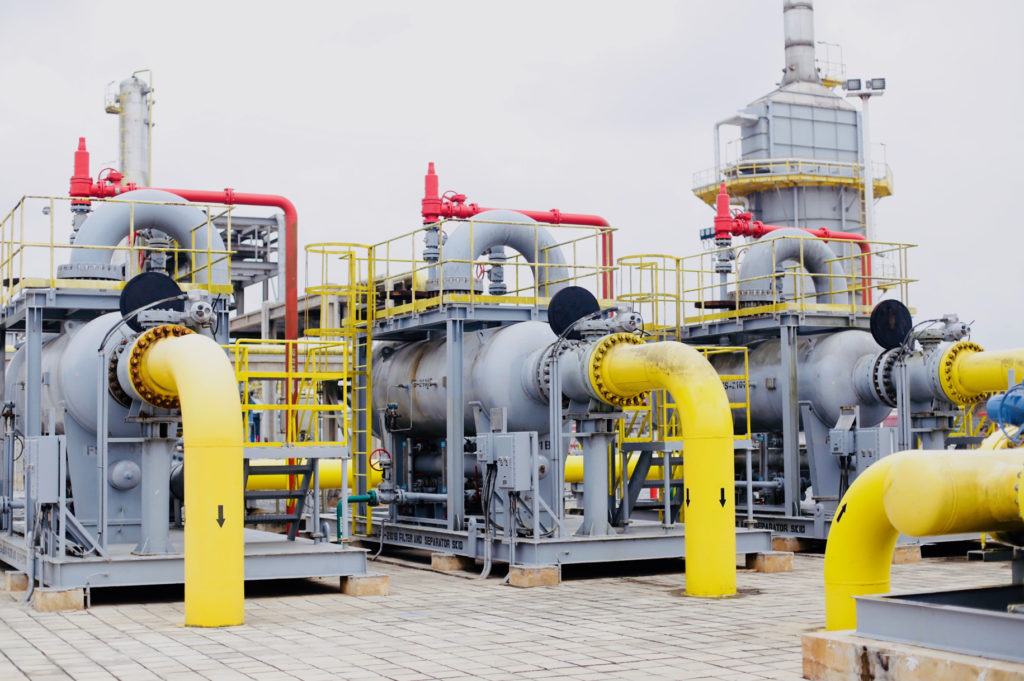The African Centre for Energy Policy (ACEP), has suggested the scrapping of all recent margins imposed by the National Petroleum Authority (NPA).
The Policy think-thank in a reaction to the recent reduction of the fuel margin prices said;the justifications provided by the NPA are weak and present unnecessary burden on the consumer.
Also, ACEP as part of suggestions to reduce tax burden on consumers called for NPA and BOST to immediately publish;the utilization of the existing margins to show cause for adjustment. It then urged the NPA to deepen electronic tracking of petroleum products to save the consumer from the ineffective;but expensive marking of petroleum products.
The Policy think tank additionally asked government to fix the debt accumulation in;the power sector to avoid the persistent increase in petroleum taxes to pay energy sector debt.

It further asked the NPA to investigate the coincidental adjustment of Oil Marketing Companies (OMCs) margins;and demonstrate to the good people of Ghana how it intends to prevent anticompetitive behavior in the downstream sector.
Commit to critical review
ACEP is also of the view that government needs to commit to critical review of;the object of all the agencies and companies in the energy sector. This, it says, is to ascertain the relevance of each of them under the portfolio of;government business to cut waste and translate tax and margins to development outcomes.
“The converse for Ghana is that a significant component of the taxes on petroleum;are use to sustain inefficiencies of the energy sector agencies. If Government could take practical steps to fix the inefficiencies in the energy sector, petroleum taxes could free up significant revenue for critical development programmes such as efficiently effective mass transportation system, advanced road networks and climate action.”
ACEP
The policy think tank said government needs to find additional streams of income to address emerging development challenges. However, ACEP proffers that efforts to raise more revenue;should focus on innovative ways to harness untapped potential;rather than burden those already in the tax bracket and facing significant economic challenges partly imposed by COVID-19.

Robust system to account for taxes required
ACEP said the government of Ghana requires a robust system that accounts for tax evasion in official data and illegal petroleum products on the market, which is much pervasive.
“The composite loss across the downstream is estimated to be in excess of GHS3 billion,;compared to an expected revenue increase of about GHC1.5 billion from the levies and margins,;which may prove counterproductive given the current microeconomic condition of citizens dictated by escalating inflationary pressures since the beginning of the year.
“The downstream petroleum sector is characterized by unending evasion and smuggling, which account for revenue losses to the state. In 2019, NPA’s records indicate that about 850 million litres of petroleum products were unaccounted for,;yielding total revenue losses of about GHC1.458 billion. These are exclusive of pervasive illegal products on the market.”
ACEP
ACEP said, though some efforts have been made to track the losses in the sector by the government, there is still a gap in the reconciliation of revenues and consumption data on petroleum products as the disparities in revenues and consumption of petroleum products for 2020 is estimated to be about GHC1.1 billion.























